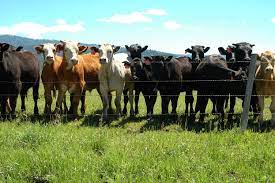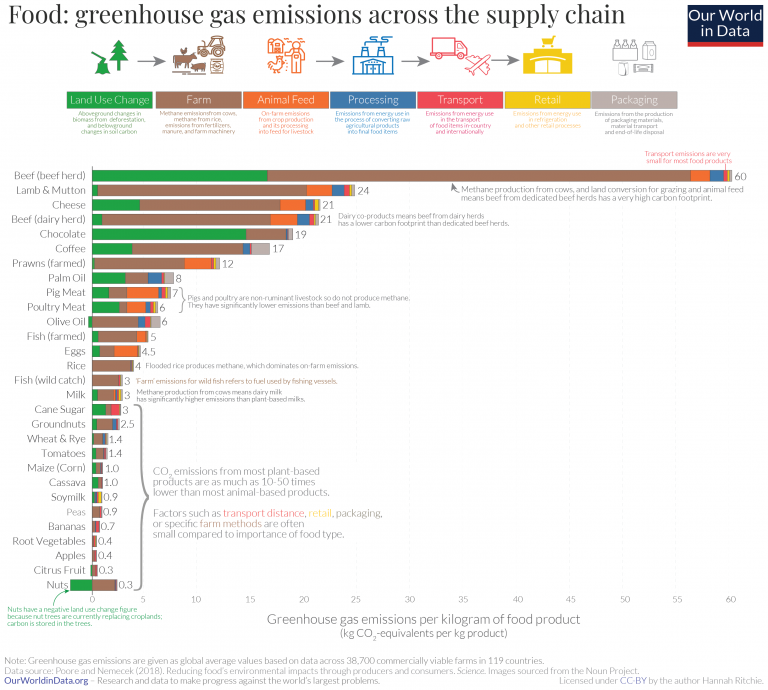It is, unfortunately, a fact, that meat eaters create a significant extra quantity of carbon released into the air. How much? Well this varies from place to place, and product to product.

There are an increasingly large number of people who are recognizing this issue. Now while some will argue that without the meat industry, much of the UK farmland would be built on, and that this would be disastrous for the environment are missing the point. We live on an island, and as such it is in our own best interests to make sure that the worlds ice sheets do not melt.
These influencers are trying to argue (as cigarette companies did before them) that their products do not damage the consumers or the environment. Unfortunately, in an increasingly educated world, this can only be done by trickery.
So what should we do? Well, in terms of the smoking lobby, I would argue that people should not smoke, however, generally these people are only damaging their own health. Fossil fuels and the beef industry is different. Generally these industries were unavoidable. By driving an electric car, you cut your reliance greatly (though it is a different thing to avoid with your heating – we have our thermal solar installed in a few months).

I know a great deal of people enjoy their meat, we have cut our meat footprint by only eating pork and poultry, which halves your footprint – while allowing some meat. Looking at the graph at the top, beef has a carbon footprint of around 60kg per kg of meat, while lamb is around 24kg per kg of meat. Conversely, poultry has a carbon footprint of 6kg per kg and pork is 7kg per kg of meat. In other words, this can cut your emissions by 90%, and while you need to change how you cook, turkey mince replaces beef mince quite happily
